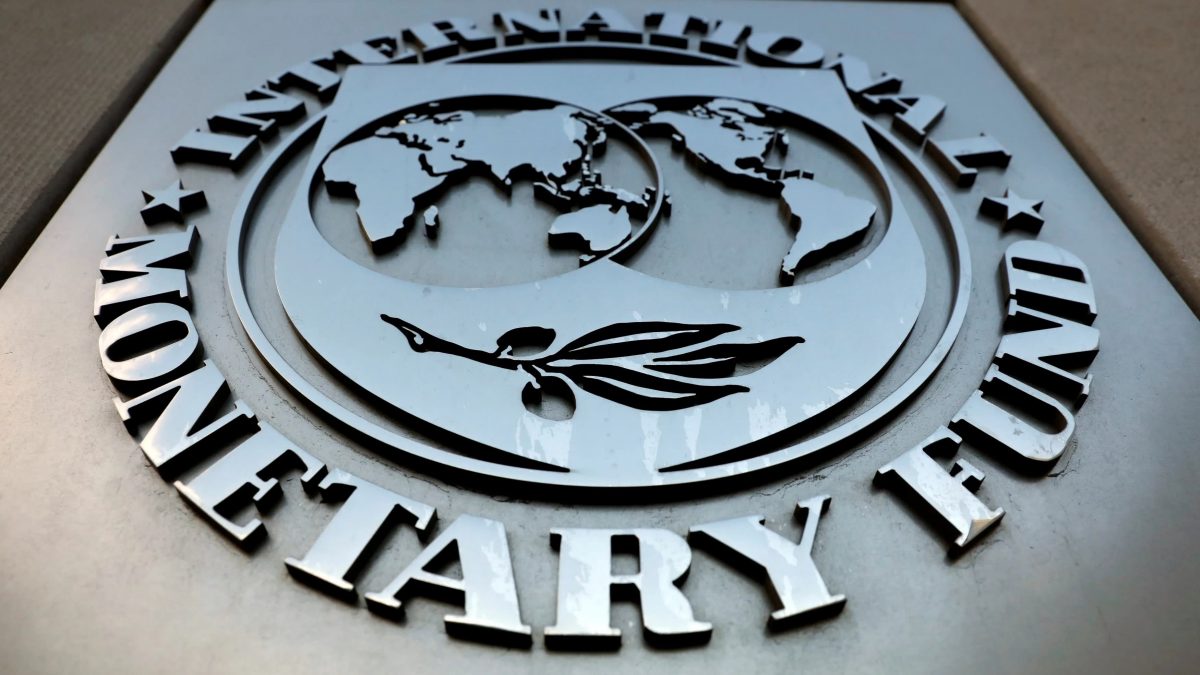The International Monetary Fund (IMF) has highlighted gaps in Guyana’s governance structure which it contends could lead to corruption.
According to the Staff Report from its 2019 Article IV Mission, weakness in several key areas such as fiscal governance, regulatory framework, rule of law, and AML/CFT could give rise to corruption vulnerabilities.
The staff noted that authorities have taken steps to strengthen governance in the areas highlighted, but capacity weaknesses continue to impact decisive implementation of policy actions.
Specifically key governance institutions such as the Financial Intelligence Unit, National Procurement and Tender Administration Board, Public Procurement Commission and the Integrity Commission face significant capacity weaknesses with severe staff shortages, particularly legal and accounting expertise, the report highlighted.
“This severely impacts the ability of the institutions to ensure compliance with existing regulations, conduct investigations including for politically exposed persons (PEPs) and implement additional actions to further strengthen governance systems to address corruption vulnerabilities,” it stressed.
Efforts by the authorities to strengthen governance, in the areas of anti-corruption and transparency in the extractive industry, and procurement were noted and commended.
These commendations were premised on the submission of the Extractive Industries Transparency Initiative (EITI) Report in 2019 and the commencement of implementation of its recommendations to further enhance transparency in the extractive industry as well as the recent reestablishment of the Integrity Commission.
According to the IMF this reestablishment has reinvigorated compliance with the asset declaration regime.
The report noted that staff have encouraged authorities to make the asset declarations public and develop the methodology for their verification.
In public procurement, the staff welcomed the steps to enhance the transparency of the bidding process and awarding of contracts, but also encouraged the authorities to ensure timely compliance with existing regulations and take further actions to fortify the transparency of the procurement system.
Repeated mention was made of the “welcome step” embodied in the Natural Resources Fund (NRF) legislation but the report has recommended the legislation be expeditiously complemented with a fiscal responsibility framework to ensure that fiscal deficits are avoided.
“The NRF framework commendably aims to save part of the natural resource income as net wealth for future generations. To ensure this and to keep public debt from rising, a zero-overall balance rule which constrains the annual non-oil deficit to not exceed the expected transfer from the NRF is needed. This rule could be phased in over the next three years to allow a smooth widening of the non-oil deficit (in relation to non-oil GDP),” they advise.
Currently Guyana’s fiscal framework envisages sizable transfers of oil income to the budget over the next five years, together with accumulation of savings in the NRF.
The report explains that based on projected oil prices and production, transfers to the budget will amount to a cumulative 32.7 percent of nonoil GDP over 2020−24 and the balance in the NRF would amount to 30.1 percent of nonoil GDP by end-2024.
“This presents an opportunity to scale-up capital and current spending to address infrastructure gaps and human development needs,” the report notes adding that staff believe that the implied roughly equal shares of saving versus spending of the oil income during the first five years is appropriate to contain “Dutch Disease” effects.
According to the report government has concurred with Staff’s recommendation of a fiscal framework that constrains the annual non-oil deficit to not exceed the expected transfer from the NRF, to be phased-in gradually, to complement the NRF Act so as to help anchor fiscal policy and ensure that public debt will not increase.
“To further improve public financial management, the authorities intend to adopt rigorous project selection, prioritization and costing criteria within the context of the new long-term Green State Development Strategy, which will also inform multi-year budgeting,” the report explains.
It later notes that a Public Expenditure and Financial Accountability (PEFA) assessment has been conducted recently to assess the efficiency and effectiveness of public spending, and the authorities are in advanced stages of instituting a Public Investment Management Framework to operationalize the key recommendations of the 2017 PIMA. They are considering mechanisms to further improve fiscal transparency, including the Fiscal Transparency Evaluations.





